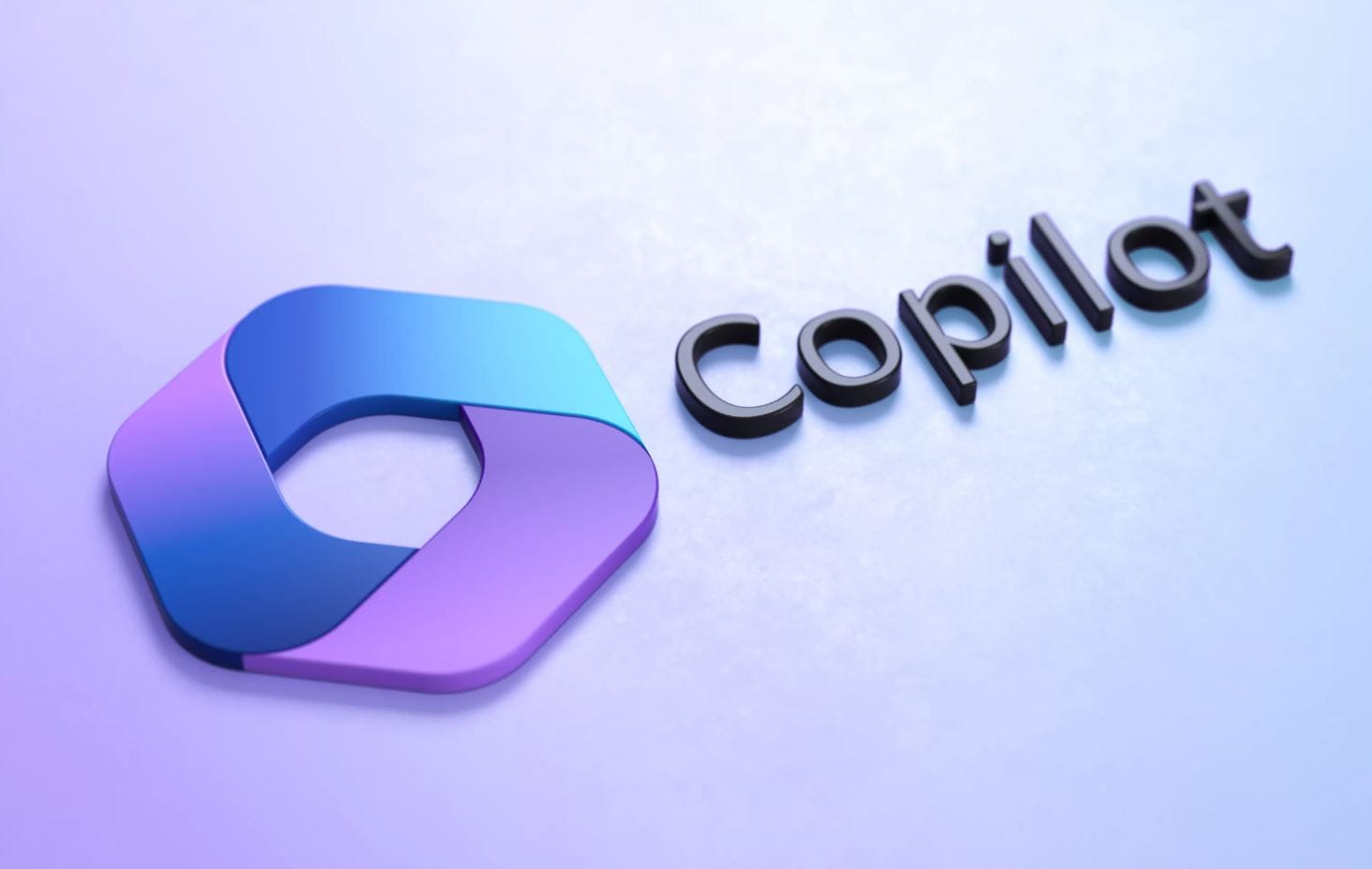Microsoft is reportedly working to incorporate both internal and third-party artificial intelligence (AI) models into its flagship product, Microsoft 365 Copilot, in a strategic move to diversify beyond its current dependency on OpenAI technology. Sources familiar with the project revealed that this effort is aimed at improving cost efficiency, speed, and overall performance for enterprise users.
Since the launch of 365 Copilot in March 2023, Microsoft has relied heavily on OpenAI’s GPT-4 model, touting its advanced capabilities as a key feature. However, concerns over cost and scalability have driven the tech giant to explore alternatives. These include developing its own smaller AI models, such as Phi-4, and customizing open-weight models to enhance the efficiency and affordability of 365 Copilot.
A Microsoft spokesperson emphasized the company’s continued collaboration with OpenAI for frontier models, but noted that the company integrates “various models from OpenAI and Microsoft depending on the product and experience.” OpenAI declined to comment on these developments.
One of the primary goals of this diversification is to lower operational costs, which could translate into savings for end users, according to insiders. The efforts are being closely monitored by Microsoft leadership, including CEO Satya Nadella, highlighting the strategic importance of this initiative.
Microsoft’s approach mirrors recent trends in its other business units. GitHub, acquired by Microsoft in 2018, introduced models from Anthropic and Google in October 2023 as alternatives to OpenAI’s GPT-4 for its coding assistant. Similarly, Microsoft’s consumer chatbot Copilot now integrates both in-house models and OpenAI technology.
Despite Microsoft’s push for 365 Copilot, adoption has faced challenges. Gartner reported in August that most companies had not moved beyond the pilot phase of their 365 Copilot implementations. Pricing and utility remain key concerns for enterprises. However, there are positive signals, with BNP Paribas Exane analysts forecasting that Microsoft could reach over 10 million paid users of 365 Copilot this year. Furthermore, Microsoft noted in November that 70% of Fortune 500 companies are already using the product.
As Microsoft continues to refine 365 Copilot’s capabilities and explore more cost-effective AI solutions, its efforts reflect a broader industry trend of reducing reliance on any single AI provider while maximizing efficiency and scalability.


















